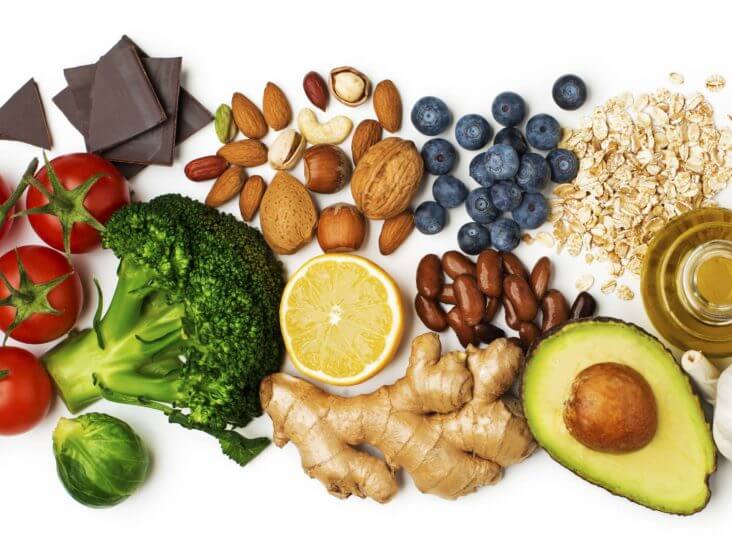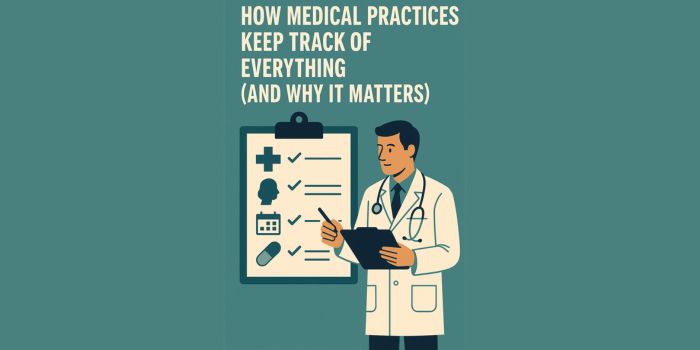Vitamin B12 is essential for our body because it participates in vital processes, like the transformation of the foods we ingest into glucose. The glucose, in turn, will become energy.
Find out everything there is to know about vitamin B12 or cobalamin. We will tell you in which functions it intervenes and how to never make it lack in your diet.
All about vitamin B12
Vitamin B12 is a water-soluble vitamin. It plays a very important role in the formation of red blood cells, in cell metabolism, in nervous processes and, finally, in the synthesis of DNA. Among other things, it helps prevent megaloblastic anemia.
1. Recommended daily doses
The daily amount of vitamin B12 to take varies with age.
- Children in the first year of life: 0.4 to 0.5 mcg
- Up to 3 years: 0.9 mcg
- From 3 to 8 years: 1.2 mcg
- 8 to 13 years: 1.8 mcg
- From 13 to 18 years: 2.4 mcg
- From 18 years: the dose remains stable
- Pregnant women and infants should take 2.6 and 2.8 mcg respectively
2. How this vitamin is absorbed
Once a food containing it has been ingested, gastric acid separates cobalamin from the protein to which it is bound. The vitamin then combines with intrinsic factor (a gastric glycoprotein) so that absorption can occur.
People who for any reason cannot produce intrinsic factor (for example in the presence of pernicious anemia) will obviously suffer from mal-absorption of this vitamin.
This, in fact, is the main cause of vitamin B12 deficiency. If there are no obstacles to absorption, however, such a deficit is not very common. The body, in fact, is able to store it in large quantities to use it later, even years later.
Although a deficiency of this vitamin is difficult, it is not impossible. In this case the symptoms felt are:
- Tingling sensation in the feet and hands.
- Difficulty in movement due to peripheral nerve damage.
- Pale or yellowish skin.
- Extreme fatigue linked to pernicious anemia.
- Rapid heartbeats.
- Shortness of breath.
3. Benefits of Cobalamin
We have said that cobalamin plays essential functions within our body. Let’s see the major benefits:
- It reduces the risk of developing heart disease.
- It protects the fetus from the development of congenital disorders.
- It prevents megaloblastic anemia as it participates in the production of red blood cells.
- It protects the bones and prevents osteoporosis. Several studies have in fact highlighted the relationship between vitamin B12 deficiency and low bone density.
- It reduces the risk of macular degeneration as it lowers homocysteine levels. High levels of this amino acid have been linked with maculopathy.
- It enhances the mood. Recent research has found that a vitamin B12 supplement can improve depression. Buy it from Medlife and don’t forget to use the Medlife coupons to save some money on your medicine orders.
- It strengthens your memory.
- It stimulates the growth of hair and nails. It also protects the health of the skin. This effect is due to its intervention in cell production.
Foods rich in vitamin B12
Vitamin B12 is found in many foods, especially of animal origin. For this reason, people who follow a vegetarian or vegan diet need to be especially careful. Among the foods richest in cobalamin we find:
- Liver and kidney: These are the foods of animal origin richest in this vitamin, especially lamb. One pound of lamb’s liver provides 990% of the recommended daily dose of vitamin B12.
- Clams: They not only provide cobalamin, but also antioxidants and proteins.
- Sardines: 150 grams of this fish provides double the recommended daily allowance.
- Fortified cereals: They are enriched with this vitamin. Check the packaging.
- Tuna: 1 gram provides 160% of the recommended daily dose.
- Salmon: A serving of 180 grams contains 80% of the daily dose.
If you experience any of the above symptoms and suspect a vitamin B12 deficiency, do not hesitate to talk to your doctor. This way you can also rule out the possibility of suffering from pernicious anemia. Remember that the doctor is always the best professional figure able to guide you towards a balanced and healthy diet.
Medicines that cause vitamin B12 deficiency
- Anti-contraceptives
- Medicines for the treatment of cancer
- Medicines for the treatment of gout, Parkinson’s and tuberculosis
- Anticonvulsants
- Potassium supplements
- Antidepressants
- Treatments for reducing cholesterol
- Treatments for psychotic illnesses




